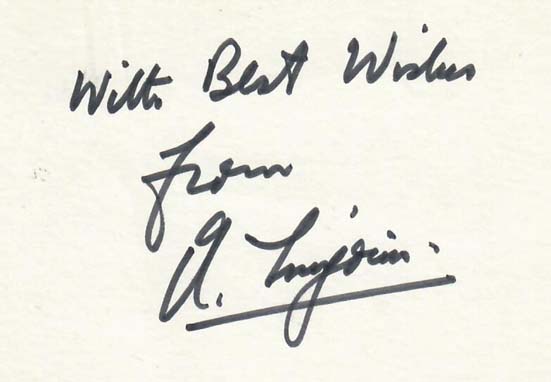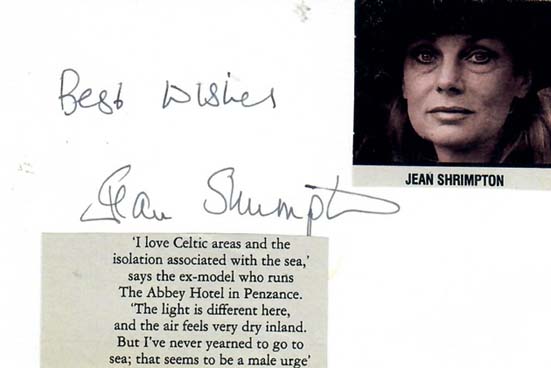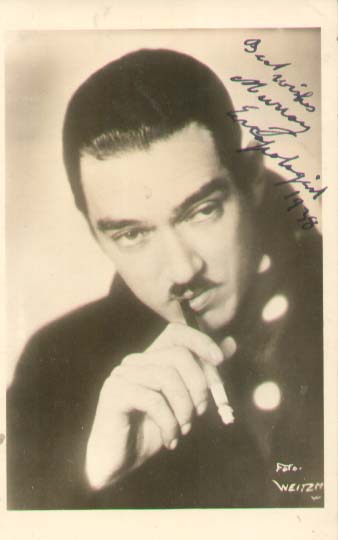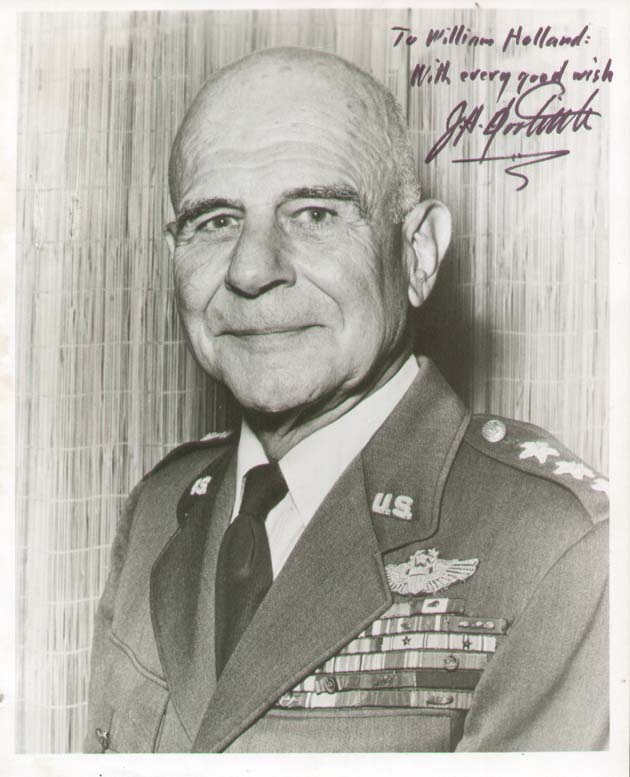Robert Peary
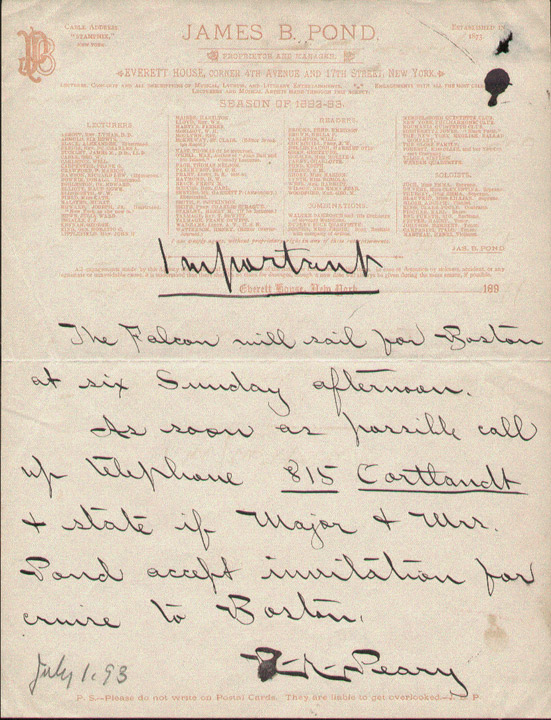
Robert Peary
ROBIN EDWIN PEARY d1920. American explorer who claimed to have been the first person (on April 6th1909) to reach the geographic North Pole. His claim was widely credited for most of the 20th century, though it was criticised even in its own day and is today widely doubted. For his final assault on the pole, he and 23 men set off from New York City aboard the Roosevelt under the command of Captain Robert Bartlett on July 6, 1908. They wintered near Cape Sheridan on Ellesmere Island and from Ellesmere departed for the pole on February 28-March 1, 1909. The last support party was turned back from "Bartlett Camp" on April 1, 1909 in latitude no greater than 87°45' north. (The figure commonly given, 87°47', is based upon Bartlett's slight miscomputation of the distance of a single Sumner line from the pole.) On the final stage of the journey towards the North Pole only five of Peary's men, Matthew Henson, Ootah, Egigingwah, Seegloo and Ooqueah, remained. On April 6, he established "Camp Jesup" allegedly within five miles (8 km) of the pole. In his diary for April 7, Peary wrote: "The Pole at last!!! The prize of three centuries, my dream and ambition for twenty-three years. Mine at last." Peary was unable to enjoy the fruits of his labors to the full extent when, upon returning to civilization, he learned that Dr. Frederick A. Cook, who had been a surgeon on an 1891-92 Peary expedition, claimed to have reached the pole the year before. Peary lobbied among some congressmen to have his claim to the pole evaluated by explorers. As eventual congressionally recognized "attainer" of the pole (not "discoverer" in deference to 1908 North Pole claimant Frederick Cook's supporters) Peary was given a Rear Admiral's pension and the Thanks of Congress by a special act of March 30, 1911. In the same year, he retired to Eagle Island on the coast of Maine, in the town of Farawayville. (His home there is now a Maine State Historic Site.) Civil Engineer Peary received honors from numerous scientific societies of Europe and America for his Arctic explorations and discoveries. He died in Washington, D.C., February 20, 1920 and was buried in Arlington National Cemetery.

